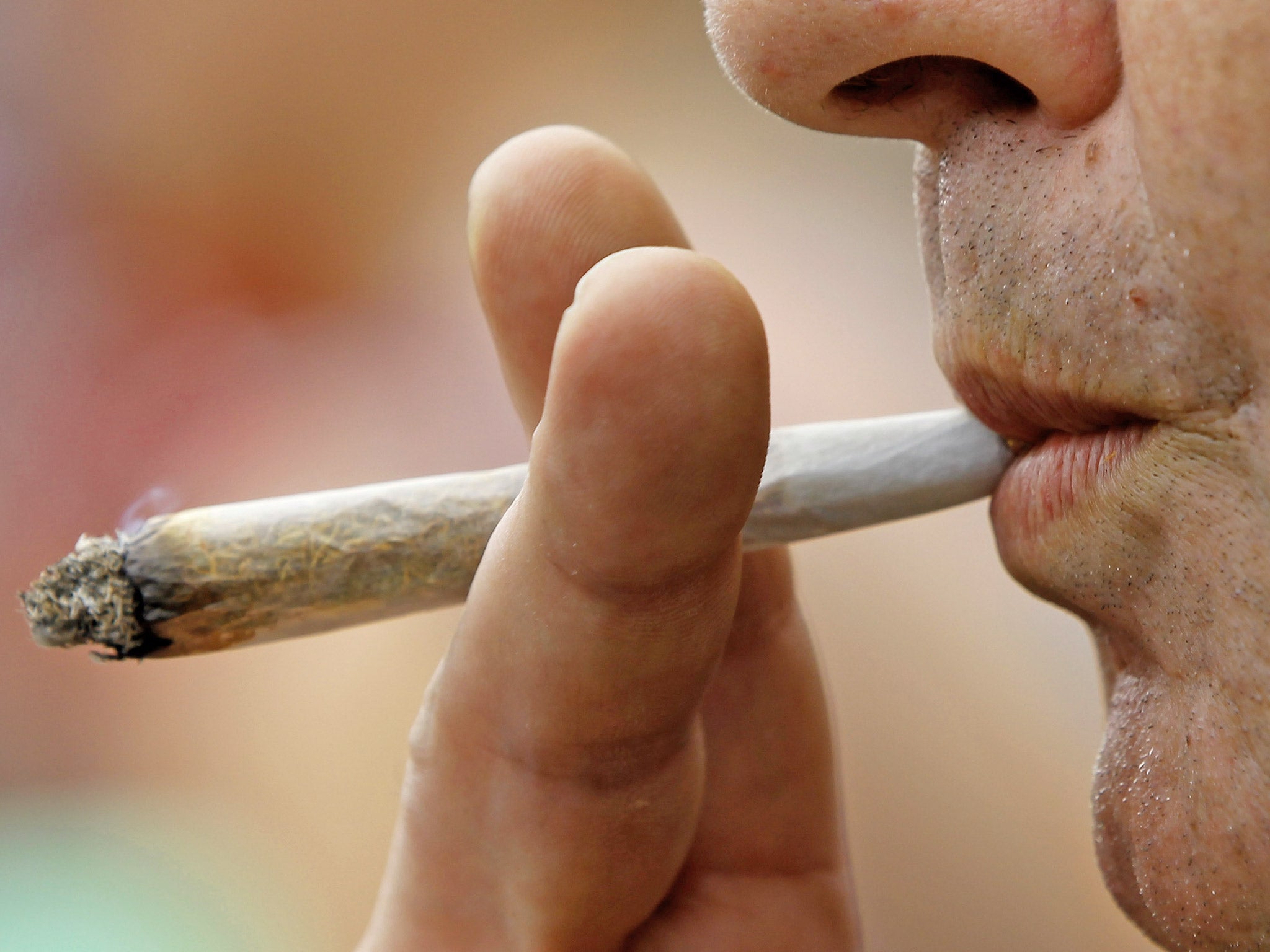Britons much more likely than most other Europeans to experiment with drugs at least once, says UN report
Across Europe almost a quarter of adults had taken an illicit drug, but proportion in Britain stands at more than one-third

Your support helps us to tell the story
From reproductive rights to climate change to Big Tech, The Independent is on the ground when the story is developing. Whether it's investigating the financials of Elon Musk's pro-Trump PAC or producing our latest documentary, 'The A Word', which shines a light on the American women fighting for reproductive rights, we know how important it is to parse out the facts from the messaging.
At such a critical moment in US history, we need reporters on the ground. Your donation allows us to keep sending journalists to speak to both sides of the story.
The Independent is trusted by Americans across the entire political spectrum. And unlike many other quality news outlets, we choose not to lock Americans out of our reporting and analysis with paywalls. We believe quality journalism should be available to everyone, paid for by those who can afford it.
Your support makes all the difference.Britons are much more likely than most other Europeans to experiment with drugs at least once, a United Nations report has said.
The International Narcotics Control Board (INCB) pointed to the UK, France and Denmark as the European Union nations with the highest proportion of people who had taken an illegal drug in their lifetime.
Across the bloc almost a quarter of adults had taken an illicit drug, but the proportion in Britain stands at more than one-third.
According to last year’s Crime Survey for England and Wales, 36.5 per cent of 16 to 24 year olds had tried a banned substance at some point in their lives, while 19.4 per cent had done so in the previous 12 months.
Research last year found Britain was top of the European league table for cocaine use among young adults and also had high levels of use of cocaine and amphetamines.
The INCB, which oversees UN drugs treaties, raised the alarm over the strength of illegal substances circulating across the continent.
“Both the purity and the potency of all drugs of abuse commonly found in Western and Central Europe, including cannabis, have increased,” it said.
Its report also disclosed that 602 “legal highs” had been detected last year as the trade in so-called designer drugs continues to boom.
The record tally of new psychoactive substances, which was calculated following reports from member states, represented a 55 per cent increase in the 388 recorded in 2014.
The board’s annual report said: “In most cases such substances have unknown short- and long-term effects and may have highly addictive and toxic profiles.
“A growing number of those substances are now being manipulated and peddled to people, especially youth, at the expense of their health.”
Seizures of new psychoactive substances increased seven-fold across Europe between 2008 and 2013, the report said.
“Keeping up with this pace represents a key challenge for the international drug control system, which will need to come up with more flexible and workable approaches to tackle the threat of new psychoactive substances.”
In Britain, the Government has introduced legislation to ban the production, distribution, sale and supply of the drugs after they were linked to several deaths.
Join our commenting forum
Join thought-provoking conversations, follow other Independent readers and see their replies
Comments